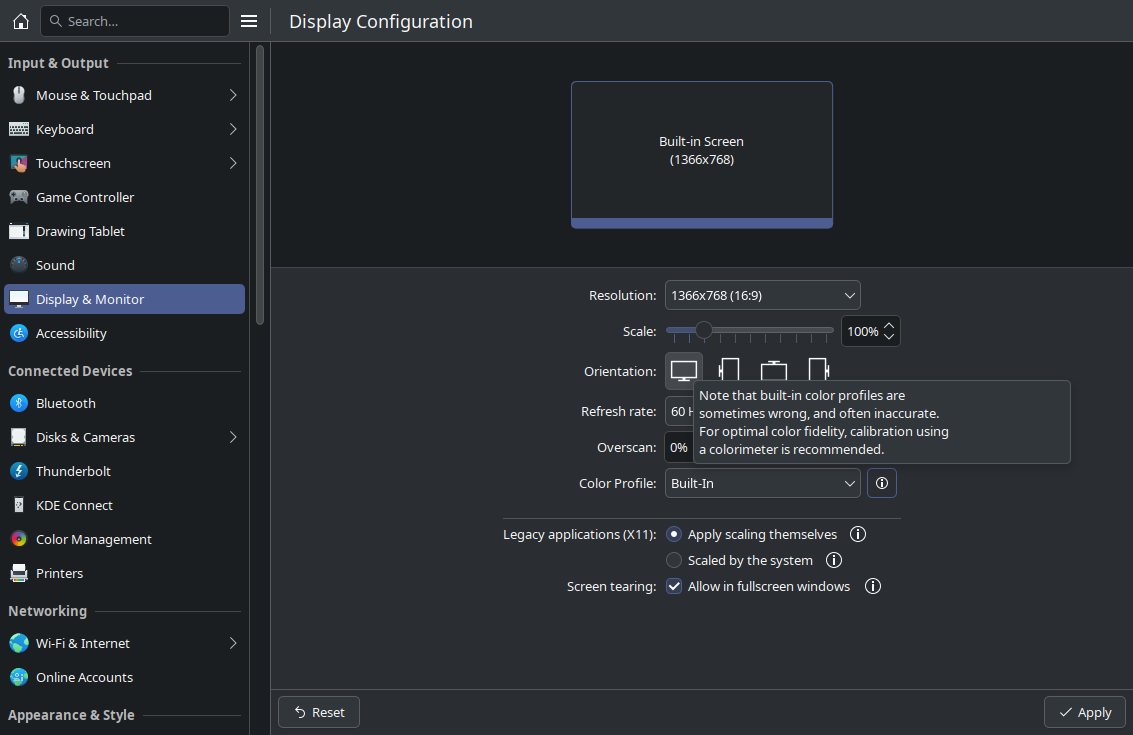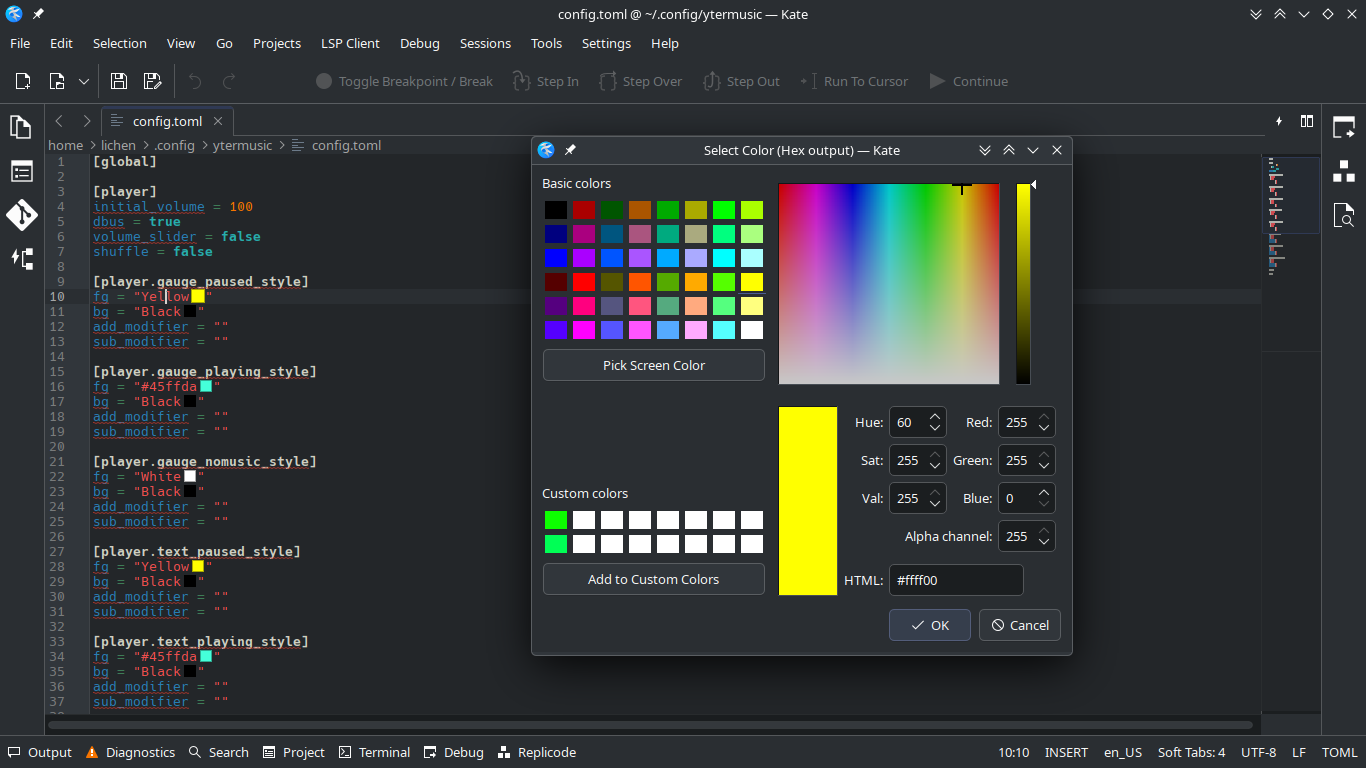

Their GitHub has everything you’d want to know.


Their GitHub has everything you’d want to know.


Just burn your worn clothes and buy new ones; the true fashion industry experience.


<gentoo joke>


System76 is no stranger to desktop development nor Rust-lang. Their team is relatively large, skilled, diverse, and highly dedicated, with years of experience in high-level and low-level development, UX/UI design, and even an OS built from scratch (Redox OS), and so on. Unlike elementary OS’s Pantheon, which builds upon existing frameworks like GTK & forked Gnome components, Cosmic (Epoch) is entirely written from scratch, toolkits and all. System76’s approach is also more comprehensive and ambitious compared to elementary OS. They’re developing native Rust applications like the COSMIC app store, terminal, screenshot tool, and text editor. Early performance tests show promising results, even in virtual environments.
The company’s financial resources also allow for significant investment in COSMIC’s development, supporting a dedicated team and a long-term vision. This contrasts with elementary OS’s more gradual, community-driven growth.
Pop_OS! is also an already very popular distribution, and importantly popular amongst newbies. System76 is also a hardware vendor meaning they can tightly integrate Cosmic with their hardware, and in fact do so much more easily than what they’ve already been doing with Pop_OS!.
Compared to ElementaryOS, System76 is in a much better position.


Nice.
Don’t forget to put [Solved] in your post title.


It’s already going to be the default on one of the major distros at launch; Pop_OS! by System76. It’ll grow in popularity pretty quickly.


I think I know what the issue is.



They probably mean they don’t provide support via the official channels due to the support being experimental, instead you’d report bugs directly to the kdeconnect-mac repo.


 Lowercase also works.
Lowercase also works.


Basic functionality, as in Server Side Decorations(SSD) along with Client Side Decorations(CSD); features both users & application devs expect to be there. Gnome Wayland lacks SSD which is a big problem for devs that build applications without CSD, e.g. especially Game devs, and it even causes negative effects across the rest of Linux ecosystem. Literally everything; KDE Plasma, Weston, Windows, MacOS and so on have both SSD & CSD; that’s how ubiquitously important this feature set is; delivering the best of both in a manner that gives developers flexibility while keeping consistency for the end user. In fact, Gnome not having both is damaging for accessibility (e.g. users with limited vision) across the Linux ecosystem as well.


Gnome will die the second Cosmic (Epoch) DE gets remotely close to 1:1 parity. It will be more stable, it’ll be more feature complete & support modern features, it’ll have a similar level of polish, a similar yet way more flexible design language and the devs will actively work with the Linux ecosystem & so on.
At that point the only people left over for Gnome, are those stuck on x11, and die hard shills/fanboys. Many developers are very much sick of Gnomes shit already and only put up with it because it’s popular.


No one is entitled to random free custom development work.
Meaning gnome devs themselves are not entitled to the free custom development work of the third party extension devs, and therefore gnome is actively taking advantage of the third party developers(Third-party developers feel undervalued & exploited, potentially leading to burnout and abandonment of projects) while all round making it harder for them to maintain the extensions(GNOME’s decision not to provide a stable API for extensions makes it challenging for third-party developers to maintain their work across GNOME versions).
This is where KDE Community is different, they actively support, communicate, collaborate, etc. with 3rd party devs to build a strong relationship & a strong ecosystem.
In fact, Gnome devs are all around abrasive to the entire Linux ecosystem, including but not limited to the Wayland development team & the development teams of other desktop environments(GNOME’s design decisions, such as only supporting CSD & lobbying Wayland to mandate CSD & the controversy over the accent color protocol, have led to conflicts with the entire Linux ecosystem), their own user base(GNOME’s communication style is dismissive & unresponsive to community feedback), application developers(GNOME’s decisions sometimes force other projects to adapt or create workarounds, as seen with the server-side decoration controversy, further complicating development efforts), third party developers, and even amongst themselves(There are reports of conflicts even within the GNOME development team, suggesting internal tensions).


Your colors are inverted.
The accessibility icon never follows accent color, and firewall is always red not blue.
Something is swapping your colors around.
Maybe color correction for the color blind?
Blue -> Yellow
Red -> Blue


Something like Hannah Montana as a human penguin.


In that case :
https://github.com/Genymobile/scrcpy/issues/100
https://gitlab.com/las2mile/scrcpy-android
https://yume-chan.github.io/ya-webadb
Alternatively, RustDesk.
That really doesn’t mean much.